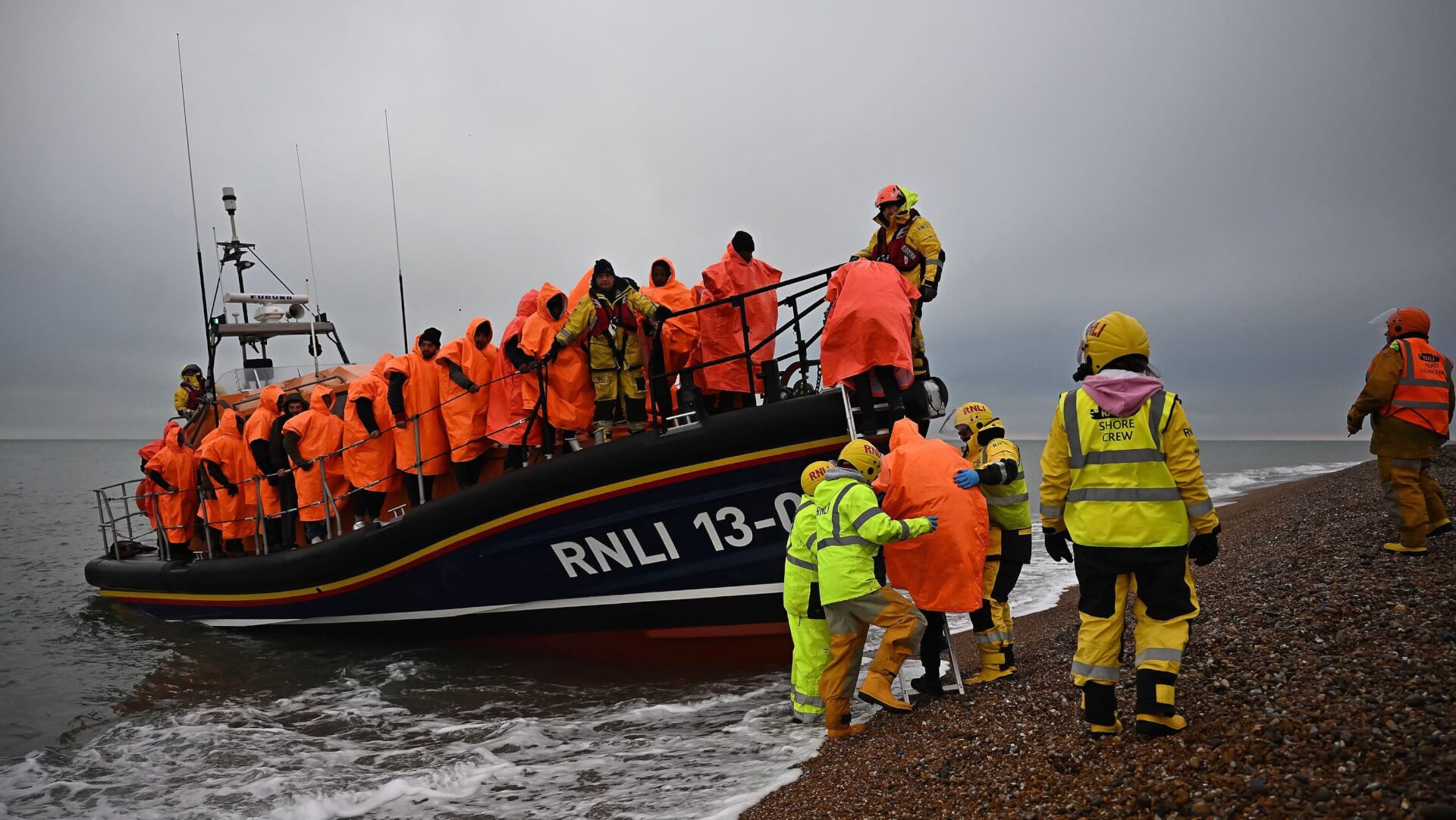The United Kingdom’s (UK) High Court upheld the legality of the government’s plan to deport asylum-seekers to Rwanda while authorities assess their applications.
However, the court ruled that the government must adhere to the United Nations Refugee Convention by ensuring that immigration authorities assess each case on its individual merit. The judges said authorities “must decide if there is anything about each person’s particular circumstances” that put them in danger if they travel to Rwanda.
To this end, the court instructed the government to reconsider the cases of eight asylum-seekers whom it has decided to deport to Rwanda, noting that their applications were not “properly considered.”
A group of asylum-seekers, rights organisations, and border officials’ unions filed the case to bar the government from following through with its deportation agreement with Rwanda.
They will now discuss the matter with their legal team and challenge the ruling. The next hearing is set for 16 January, when the court will hear appeals. The deportations are likely to be further delayed, as the applicants will likely approach the Supreme Court for an appeal.
The Rwanda judgment is now available to view online. https://t.co/angrVvoyL9
— Judicial Office (@JudiciaryUK) December 19, 2022
British Home Secretary Suella Braverman, who in the past has vociferously advocated for a stronger policy to deter illegal immigration, celebrated the judgement, saying it “thoroughly vindicates the Rwanda partnership.” Reiterating her commitment to the plan, Braverman reassured that the agreement is legal.
She said the deal would help the UK “break the business model of the evil gang” of human traffickers who endanger migrants’ lives.
Braverman revealed that she had already spoken with her Rwandan counterpart Vincent Biruta and affirmed that both sides are determined to follow through with the deal.
Prime Minister Rishi Sunak, too, said the decision reaffirmed a “common sense position” that echoes the sentiments of “the vast majority of the British public.”
Similarly, Rwandan government spokeswoman Yolande Makolo lauded the judgement as “a positive step in our quest to contribute innovative, long-term solutions to the global migration crisis.”
However, opposition Labour Party’s spokesperson for immigration, Yvette Cooper, said the plan is “unworkable, unethical [and] extremely expensive.”
“Instead of sorting out problems with the asylum system, the Conservatives have put forward a plan which risks making trafficking worse,” she added.
PARLIAMENT: The Home Secretary made a statement following the court's judgement on the Rwanda policy this morning🧑⚖️
— Politics.co.uk (@Politics_co_uk) December 19, 2022
"There has been a great deal of misinformation about Rwanda. It is a safe and dynamic country", said Suella Braverman pic.twitter.com/qmEHtQS0ol
In a similar vein, Rwandan opposition leader Frank Habineza said that deporting migrants to Rwanda is “not sustainable,” as it is already a densely populated country with limited resources.
Rights groups are also concerned about the ruling. James Wilson, the deputy director of Detention Action, said, “We are disappointed that the High Court has found the removal of refugees to an autocratic state which tortures and kills people is lawful. However, we will fight on.”
Enver Solomon, the head of the Refugee Council, said the plan is a “cruel policy” that will “cause great human suffering.”
Likewise, Paul O’Connor of the Public and Commercial Services Union, which represents border officials, called the government’s plan “morally reprehensible.”
The director of policy at the British Red Cross, Christina Marriott, opined that the “offshoring of human beings” will do “little to prevent people from risking their lives to reach safety.”
“The government should instead take action to provide safe routes, ensure timely and correct decisions are made once people are in system, and that people are treated with dignity and respect throughout the process,” she added.
Our statement on today's ruling that the #Rwanda deal is legal. pic.twitter.com/0MqIqFEZkE
— Migrant Voice 🧡 (@MigrantVoiceUK) December 19, 2022
The $145 million deal was signed in April under the Johnson administration and aims to prevent immigrants from entering the UK from the English Channel.
Soon after it was signed, it came to light that British High Commissioner to Rwanda Joanne Lomas had advised against deporting refugees to the East African nation, as it has been repeatedly accused of “recruiting refugees to conduct armed operations in neighbouring countries.”
Rights groups have argued against forcing individuals to live in a country they do not want to, particularly considering Rwanda’s questionable human rights record.
However, the British government insists that the since the 1994 genocide, during which over 800,000 were killed, Rwanda has improved its human rights record by pushing for stability and economic development.
Since April, the British government has not been able to deport any migrants to Rwanda. Its first deportation flight in June was grounded at the last minute after the European Court of Human Rights determined that the individuals faced a “real risk of irreversible harm.”
The Conservative government has long resolved to curb migration across the English Channel. Just this year, over 44,000 have taken on the arduous journey and crossed the risky waters to travel from France to the UK. Several have died in the process, including four who died just last week. Most of the migrants are looking to resettle in the UK to avoid persecution in their home countries, such as Syria, Iran, and Iraq.

